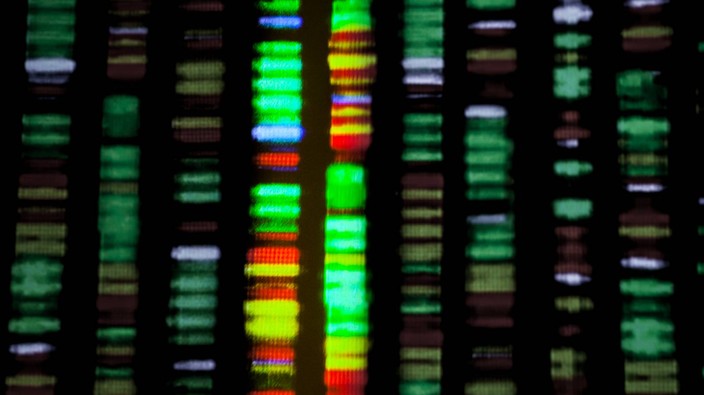while diabetes and high blood pressure are both known to have a hand in the development of chronic kidney disease, genetic factors have gained attention as a key contributor lately. in an attempt to crack the code hidden within the genetic variations associated with the disease, researchers looked to genome-wide association studies (gwas) for clues. these genetic studies, which include the dna variations of hundreds of thousands of people, helped narrow the search to 300 or so regions of the human genome linked to the disease but had, so far, been unable to pinpoint the specific genes, cell types and mechanisms at play.
“the existing maps have indicated regions in the genome for kidney disease heritability — like an initial treasure map — but, until now, we did not know where the treasure chest was located or how it looked,” susztak said. “our goal was to find the exact location of the treasure and to open up the box to see what was inside.”
one of the biggest challenges the team faced in using this initial map to locate specific genes was the fact that most of the genetic variations that cause kidney disease also alter how these genes are regulated. to account for this, researchers collected and manually dissected 659 human kidney samples and analyzed the expression of each gene and its genetic variation. this allowed them to use a newly created single cell sequencing method to identify the gene expression and regulation data for each type of human kidney cell. with this information, they were able to zero in on the specific cell types that are altered by genetic variants.
 3 minute read
3 minute read








